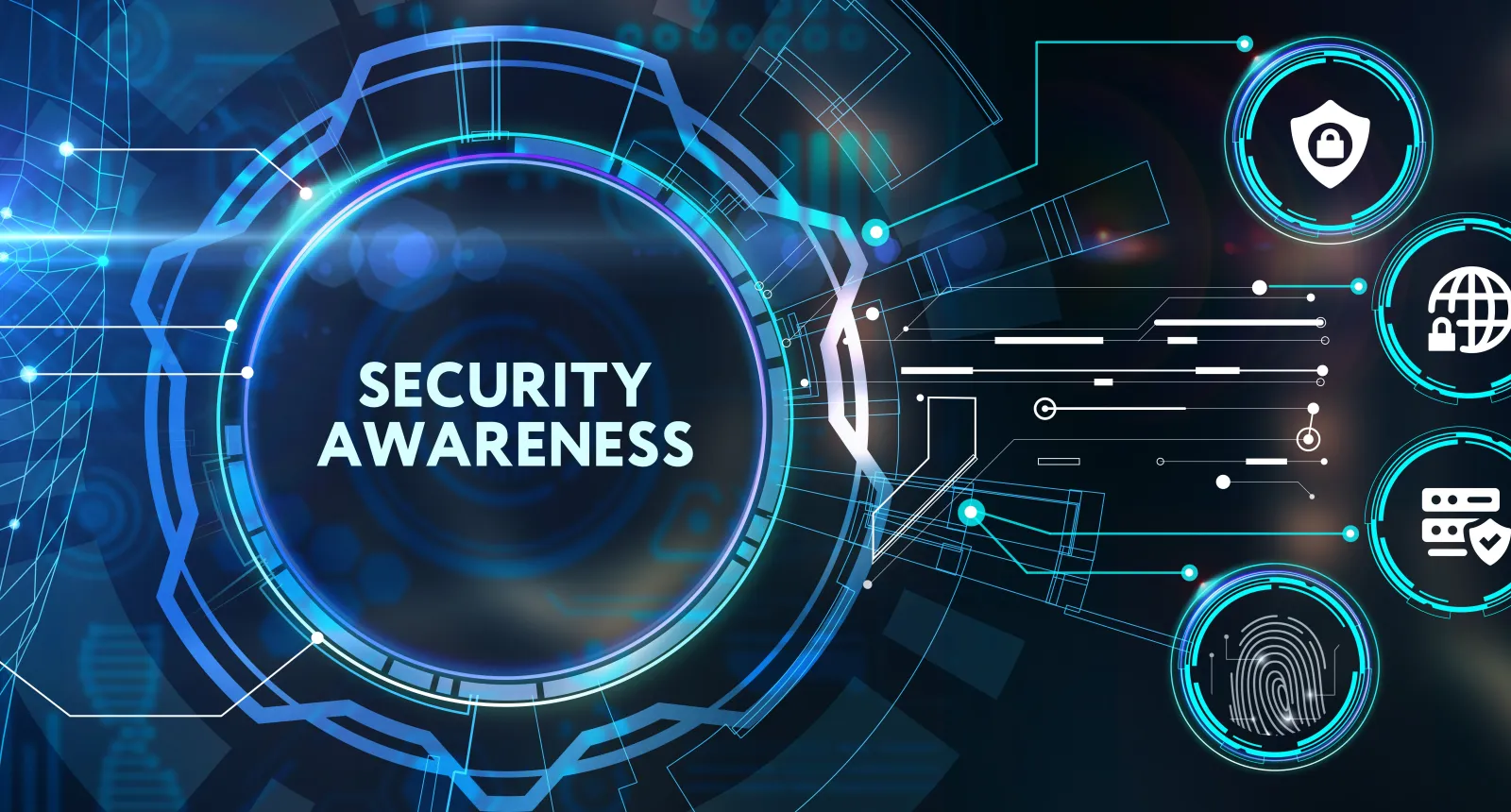Security Awareness Training
Security Awareness Training is an essential cybersecurity practice that educates employees about current cyber threats, safe computing habits, and how to recognize and respond to suspicious activities. It helps build a human firewall by turning users into the first line of defense against phishing, social engineering, and other cyber risks.
Service Benefits
By regularly training employees on security best practices, organizations reduce the risk of human error, which is a leading cause of data breaches. Automated training modules, simulated phishing attacks, and progress tracking ensure consistent awareness and compliance across the workforce. This proactive approach strengthens the organization’s overall security posture and culture.
Experienced Team
Our team is comprised of highly skilled professionals.
24/7 Customer Support
We offer 24/7 customer support, ensuring you have
The Importance of Security Awareness Training
By equipping employees with the knowledge to recognize and avoid cyber threats, Security Awareness Training significantly reduces the likelihood of successful attacks. It fosters a security-conscious culture, empowers users to take responsibility for protecting data, and complements technical security measures for holistic protection.

